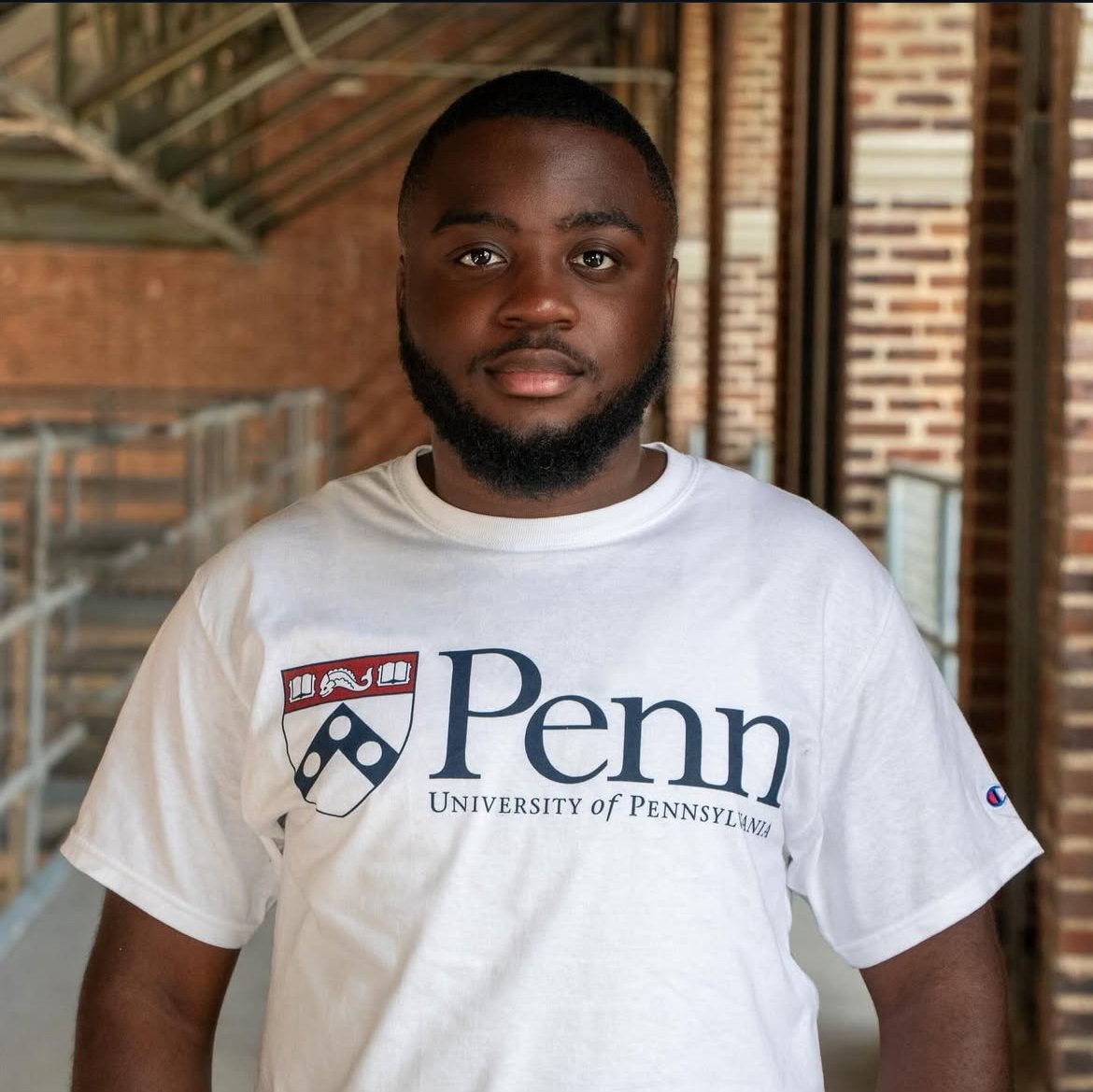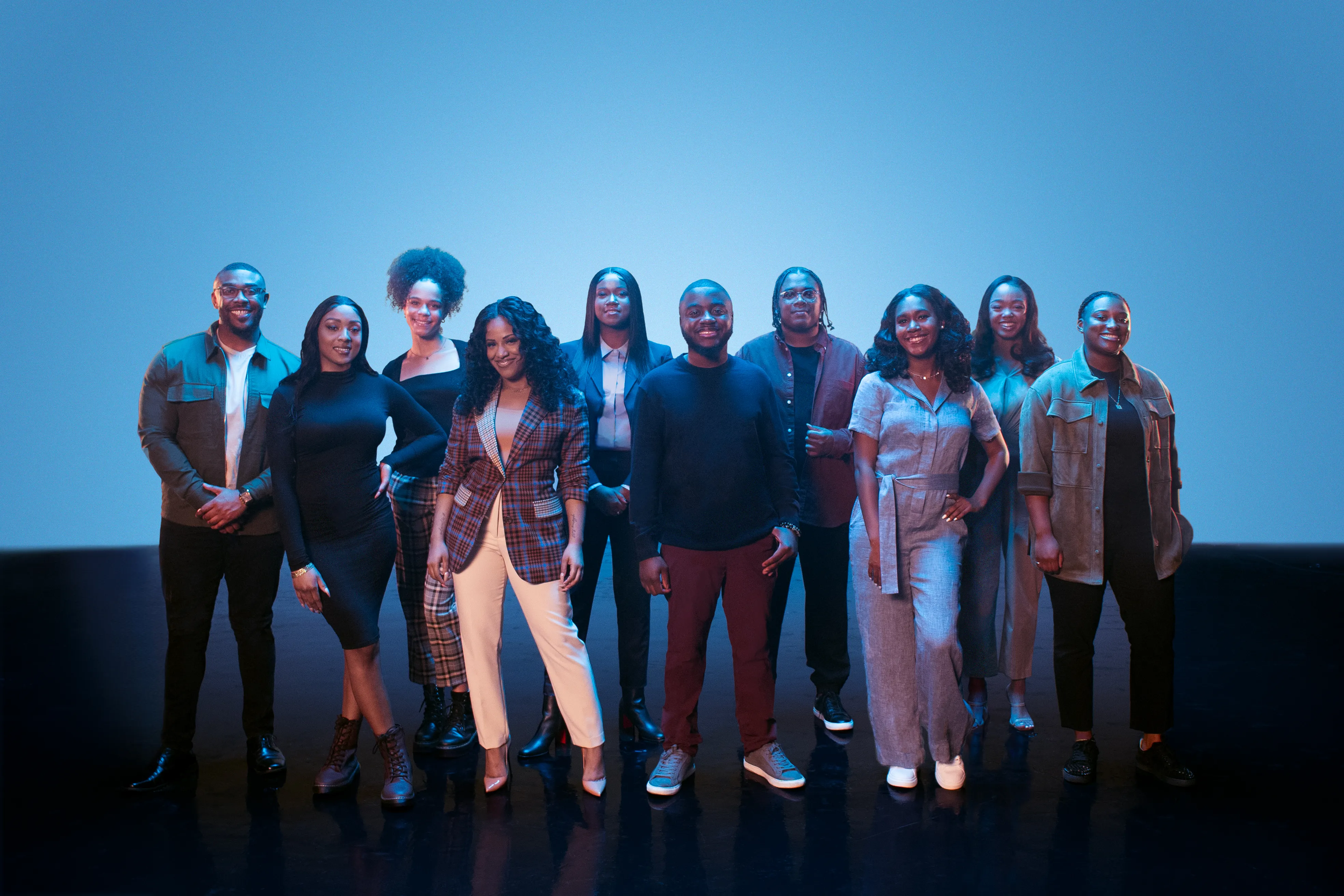Andrew K. Ankamah Jr. is the founder and director of The Accountability Initiative, a nonprofit dedicated to combating racism in schools and addressing gun violence through youth-led advocacy and mentorship. A 2023 political science graduate from Temple University, Ankamah currently serves as a constituent services advisor for Pennsylvania State Representative Amen Brown, connecting West Philadelphia residents with vital public resources. His impactful community work earned him the 2023 McDonald’s Black and Positively Golden Change Leaders award, which he used to expand The Accountability Initiative nationally. Ankamah also serves on the Philadelphia Youth Commission and is a recent graduate receiving his Master of Public Administration from the University of Pennsylvania’s Fels Institute of Government.
You were moved to take action during a deeply emotional time, in the wake of George Floyd and Breonna Taylor’s deaths. It was during this period that you launched The Accountability Initiative. What was going through your mind at that time, and how did those events shape your vision for what The Accountability Initiative would become?
AA: I was in my first year at Temple and I saw something on social media where people were sending me videos of my former high school, there was a group of white kids at a grad party singing a song that had the N-word in it, and, you know, they sang the word. That caused a lot of outrage throughout the campus and throughout the community back in North Raleigh, New Jersey. But the administration brushed it off as though that's teenage drama. You would think that in the time where everything was going on, people will be more aware of their words and their responses to access discrimination you know. So I started a project called “The Accountability Initiative,” which main goal was to hold those individuals accountable, those individuals who perpetrated that act of intensity.
There are 3 main phases. The first phase was reaching out to students, this was all virtual given it was COVID as well. We were reaching out to students to see if they have any other experiences. We made a Google form, sent it out to the student body, and we had about 50-60 responses of students of color who perhaps faced some sort of discrimination. The second phase was a Zoom meeting on what we could do about it. I would say 20-30 people come on and we had the meeting, it ran for like two and a half hours, and we were just strategizing, talking about these stories and experiences of students. What's next? What can we do about it? So eventually, that led to third phase of bringing those stories and experiences of the students directly to the superintendent, the Board of Education and the principals of the schools. So we had a mass meeting with all of them and basically presented this to them, and thankfully they were very receptive. They were able to implement some actual changes. Micro-aggression training for staff members, Black History course in the high school, change of policy surrounding discriminatory practices and in the district, so in the student handbook that everyone gets.
Then it kind of transformed into an organization.
McDonald’s Black & Positively Golden Change Leader 2023 Cohort. (Credit: McDonald’s)
Being selected as a McDonald’s Black & Positively Golden Change Leader came with a $20,000 award. How did that funding help you take your work to the next level and make real change?
AA: Just stepping back a bit to how I actually found out about the opportunity. A year prior my friend Anya Dillard, who's a great community advocate was selected as a first class, they initially called it Future 22. They selected 22 young black changemakers around the country to be featured in the commercial and receive funding. I applied and got rejected. I was like, d*mn that's crazy. A year later I saw that they were recruiting again and this time, instead of 22 they're looking for 10. I was like, “That's less spots to get, I don't know if I'm gonna do this.” I honestly went back and forth in my head about if I should actually apply, if I even had the experience to apply. But I just ended up doing it, and just threw my hat in the ring. Then I got a notification and we went through like 3-4 rounds of interviews, during the fourth interview they were like, “Congratulations, you got it,” “I was like, yo no way, what are you talking about?” Around December is when they let me know that I got it and in January of 2023 was when they flew everyone out to Miami for the commercial shoot with Keke Palmer. They also flew us out to different conferences and conventions, I spoke at CultureCon, Los Angeles, I spoke at AfroTech in Texas. Honestly a beautiful experience for me.
In terms of the funding, it helped a lot. It helped tremendously, because prior to that point, I was funding my organization out of my own pocket. The little things that an org needed, I was doing everything out of my own pocket, and I think the funding really helped to kind of expand my vision and expand chapters. It showed me what we could do if we did have money and it has shown me that we could do a lot more.
“Your hesitancy to take a step to make change, might be the difference between changing someone's life.”
- Andrew Ankamah
You’ve expanded from one campus chapter to now six, which speaks volumes about the community you’re building. How does it feel to witness the growth, and what kind of impact do you hope these chapters will continue to create on the ground?
AA: It feels like I'm raising a toddler. One day you look, it's a baby and the next day you look it’s 6 feet tall. I wish I could say I sat down and strategically planned all this, like, “Oh yeah by 2027, I want to be in this many universes,” that didn't happen. So when I came to Temple, I started the chapter after a student had been shot and killed near campus. That's when it started becoming more of an organization. We started advocating against gun violence, but we also started growing to do college readiness workshops in our local community because we saw that a lot of students, especially a lot of Black students, might not have seen themselves going to college because they might not have a parent, brother, sister, aunt, uncle that went to college. But we wanted to show them that we are young black people not too far from them that are currently in college.
Honestly the growth, it's really a blessing. It's come from people seeing the work and wanting it to continue. My friend saw the work we were doing, and she wanted to start a chapter at North Carolina A&T, from there someone from that chapter transferred to Prairie View A&M in Texas. She was like, “Oh you know, I'm transferring, I want to start a chapter there.” Through my job, I run the Summer Internship Program and one of the people who went through the internship goes to Hampton. She wanted to start a chapter there, so it's really been this kind of domino effect. Just yesterday, someone wrote me from Clark Atlanta on LinkedIn saying, “Hey, I love the work that you're doing. I'm thinking about starting a chapter. Can we set up a time to talk.” We're talking tomorrow, so it's really been kind of like a blessing to see the growth, and more so as you mentioned, see the community that's being built.
Sierra Kamara (left) and Andrew Ankamah Jr. (right) are looking to grow TAI's activism efforts. (Credit: Earl Kurfen/ Temple News)
It’s no secret that your generation is a powerful force. What key lessons can young activists learn from your early challenges as they build their own initiatives? And who’s an advocate you’ve seen actively putting this into action?
AA: You never know who's watching. Your hesitancy to take a step to make change, might be the difference between changing someone's life. To me the work that I do is just me being me. For example with the College Readiness Workshops, we go talk to students about college. That's easy, to me. I've even had 2-3 students come up to me saying, “Hey, I wasn't thinking about college before but I am now,” that might change the whole trajectory of their lives. So the biggest lesson that I will share with other young advocates who want to get started now, find people that you look up to. I'm gonna use my friend Anya Dillard again, she helped to organize a lot of Juneteenth celebrations, a lot of our protests. She has been on the forefront for so many years, and she's been someone who I've been constantly been able to rely on. A male figure I would say but he's no longer with us unfortunately. His name was Khalif Mujahid Ali, he was a big advocate for anti-gun violence. When he started seeing the work that I'm doing at Temple, he was like, “I'm behind you all the way.” He would just call me randomly and say “Andrew I love what you're doing but maybe you could do the next protest like this or maybe invite other community organizations, or here's how you can make it better.” Those two people have always matched their passions with action and those are two people who I've looked up to.
What role does representation play in helping the next generation believe that their dreams and aspirations are truly possible?
AA: Representation is everything. I've been blessed to be able to have mentors and have people in positions that show me that the dreams that I have can be reality. I work for a state representative here in Pennsylvania, his name is Armin Brown. I started working with him I think close to a year and a half ago and he's honestly become my big brother. He's someone who is constantly there for his community, he's someone who is just genuine. He just puts himself in the gap between what people need and how they can get it. Before meeting him, I never considered myself in politics or thinking about becoming a politician or an elected official in the future. But now just being around him and thinking about how I want to use my experiences, running for office is something that I'm seriously considering in the next few years. That wouldn't have been the case without a black man being in that position as an elected official. That's inspired me and so many other people. I would say we have more representation now than we did before, but there's still a ways to go. I want to see black people in all different types of spaces because we deserve to be.
Want to hear more amazing stories like this? Check out our “More of Us” series! If you want to connect with Andrew and support the work he is doing, follow him on social @ankamahjr and support his organization, The Accountability Initiative.



